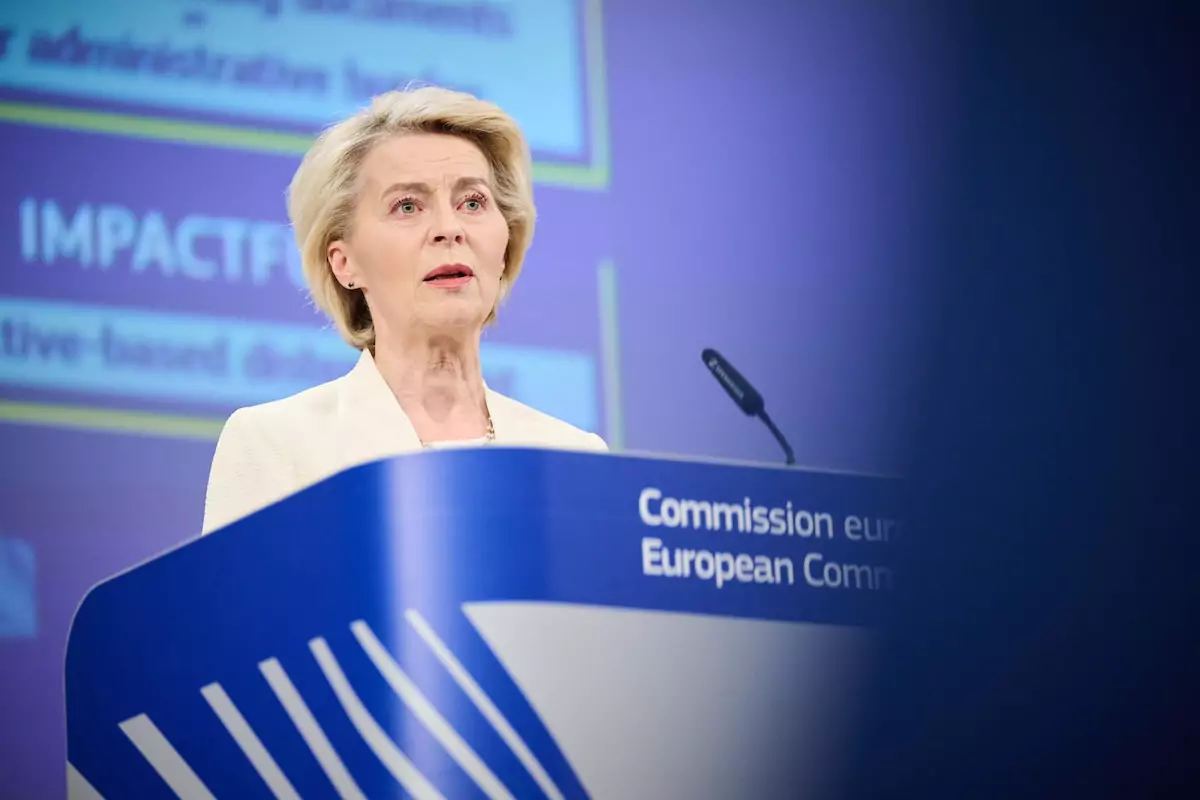European Commission President Ursula von der Leyen has set out an audacious vision for the bloc’s future, unveiling a €2 trillion budget proposal that promises the most sweeping financial and structural changes the European Union has ever attempted. The budget, covering the 2028–2034 period, reimagines how Europe funds its priorities, in response to years of crises and an evolving global threat landscape.
“This is the most ambitious budget ever,” von der Leyen told reporters on Wednesday, citing a decade of disruption including the COVID-19 pandemic, the war in Ukraine, climate emergencies and trade tensions with China and the United States. Drawing lessons from these challenges, the Commission proposes reducing the current 52 EU programmes to just 16, with a flexible allocation model that leaves part of the budget unassigned to allow rapid crisis response.
A new €400 billion loan facility, described as a standby crisis mechanism, would be activated only in the event of an unforeseen emergency, offering the EU unprecedented financial firepower without tying up resources during normal times.
Controversial funding merger
The budget’s most contentious element is the merging of the Common Agricultural Policy (CAP) and cohesion funds into a single €865 billion pot, dubbed the National and Regional Partnerships Plans. This unified fund would also absorb spending on social policy, fisheries, migration and border security.
While €300 billion remains earmarked for CAP, this marks a significant real-terms reduction from the current €386.6 billion envelope. Analysts estimate the cut could reach up to 30% once adjusted for inflation. Farming lobbies and large CAP beneficiaries such as France, Italy and Spain have already voiced their opposition, while northern states are expected to back the downsizing.
Rule of law funding conditions
Another structural shift is the expansion of rule-of-law conditions to all EU funds. “The rule of law is a must for all funding from the EU budget,” said von der Leyen. Under the proposal, countries breaching democratic norms could see their funds frozen or redirected. The move will likely face strong resistance from Hungary, where Prime Minister Viktor Orbán has repeatedly clashed with Brussels over governance standards.
Dedicated support for Ukraine
A standout feature of the budget is a dedicated €100 billion envelope for Ukraine’s recovery and reconstruction. This comes in addition to the €50 billion Ukraine Facility already in place and reflects a long-term commitment to Kyiv. Von der Leyen also signalled that future accessions to the EU, including Ukraine and other candidate countries, would trigger a budget revision to accommodate new financial realities.
Investment in European defence
With security high on the agenda, the Commission is proposing €131 billion for defence and space sectors, with a clear “Buy European” strategy. Although EU treaties prevent the direct purchase of weapons, the funds will support defence innovation, infrastructure and supply chain resilience. Investment in military mobility across Europe will also receive a boost to ensure faster and more unified deployment capabilities.
How to fund it all
To finance the expanded budget without directly burdening national treasuries, von der Leyen wants to expand the EU’s “own resources” – income generated independently of member state contributions. Proposed sources include taxes on e-waste, tobacco, multinational corporations, and revenue from emissions trading and carbon import tariffs. If approved, these could bring in €58.5 billion per year, offsetting COVID-era debt repayments and funding new priorities.
Still, the plan hinges on unanimous agreement among the 27 EU member states – a daunting hurdle that has historically tested the limits of European unity.
Stay updated with Monaco Life: sign up for our free newsletter, catch our podcast on Spotify, and follow us across Facebook, Instagram, LinkedIn, and Tik Tok.
Photo source: European Commission Media Department
